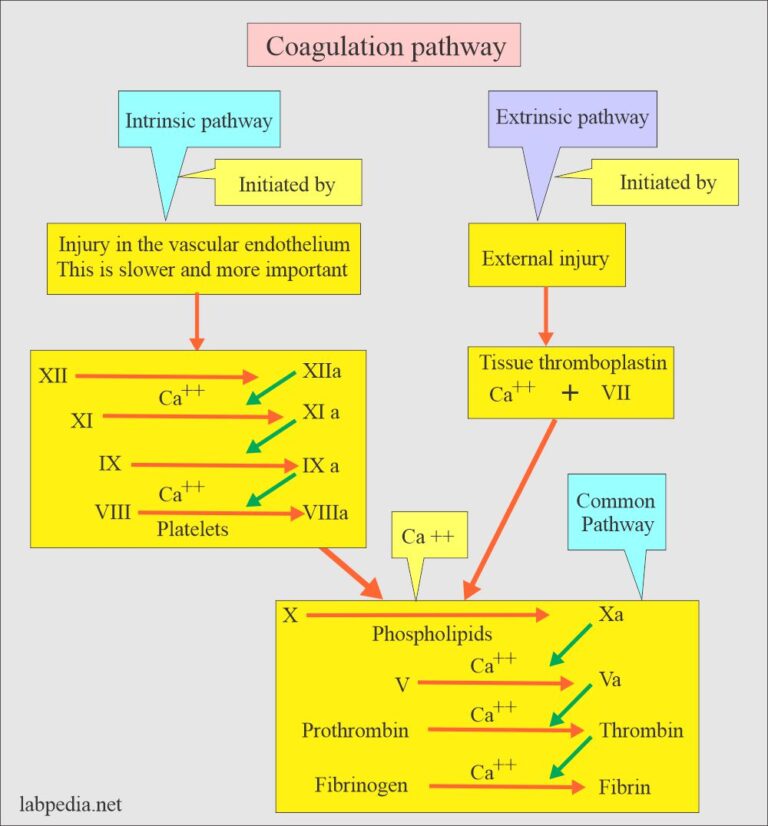
Taking an ADHD test can help you figure out if symptoms are present, but is not a substitute for speaking with a medical professional. The symptoms themselves may also change over time, for example children with ADHD may have different experiences that adults with ADHD. People with ADHD will find a variety of ways to cope with their ADHD symptoms, making them more manageable overtime. People with ADHD can use their ADHD to empower them and create a community aware of mental health disorders and what others are experiencing! Will ADHD go away? Can ADHD go away? No! People with ADHD may have a variety of lifestyle changes to make to cope with some challenges that come with an ADHD diagnosis and symptoms, like finding working habits that help them focus, or taking medication, or seeking treatment with a mental health professional, but that is not a bad thing. There are also medically reviewed studies suggesting that environmental toxins or issues during pregnancy may increase chances of an ADHD diagnosis.

Some mental health professionals have said that you may be more likely to develop ADHD if a blood relative has had ADHD. There is no specific cause for a diagnosis of ADHD, and researchers are still developing and understanding of main causes or risk factors. Nine of the most common symptoms of ADHD include: fidgeting, excessive movement, inability to concentrate long term, impulsivity, inattention, hyperactivity, difficulty staying seated, hard time reading for long periods of time, and distractibility. Children with ADHD are most likely to be diagnosed with the latter disorder. Lastly, ADHD combined type, this is the most common disorder diagnosis, characterized by both hyperactivity and inattention. Then, ADHD inattentive and distractible type, characterized by inattention and distracted behavior, usually does not include clinical hyperactive behaviors. First, ADHD impulsive/hyperactive type which presents itself as impulsive and hyperactive activities, but does not include inattentive behaviors, it's the least common of the three diagnoses of ADHD. Below are some frequently asked questions about ADHD, as well as more information about the disorder: What are 3 types of ADHD? It is not a detrimental condition, and there is long term treatment that makes people with ADHD able to live healthy, productive lifestyles.
:max_bytes(150000):strip_icc()/is-it-high-functioning-autism-259942_final-67459718478440e0bcf105140cba0b03.jpg)
Ready to start therapy? Our Find a Therapist resource may help.ADHD or attention deficit hyperactivity disorder, is a mental disorder related to attention span, impulsive decision making, and activity. Quiet BPD isn’t an official clinical diagnosis but is instead considered a subtype of BPD. You may direct your thoughts, feelings, and behaviors inward rather than outward so others can’t see them. If you have high functioning BPD - aka “quiet” BPD - you may try to hide your symptoms from others. Changes in neurotransmitter levels in your brain, especially serotonin, may be involved. Abnormal brain structures may play a role. Environmental triggers include experiencing childhood trauma. Certain genes may make you more vulnerable to developing BPD. There’s no single cause of BPD, which means many different factors can potentially cause it to develop.

#Add disorder quiz professional#
Only a healthcare or mental health professional can accurately diagnose a mental health condition. A physical exam or bloodwork may also be done to rule out other health conditions that could be causing your symptoms. This assessment generally involves an interview, multiple questionnaires, and taking a medical history.

If you think you may have BPD, a healthcare or mental health professional will conduct a psychological evaluation.


 0 kommentar(er)
0 kommentar(er)
